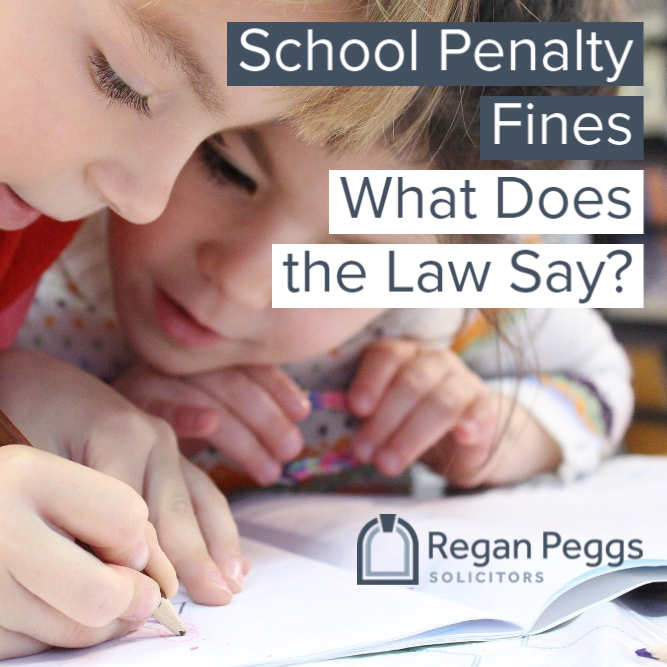
The 2019-2020 school year has just ended – easily the strangest, most disrupted school year since the Second World War. Already, the government, local authorities and schools are looking toward next term. The government is planning for a full reopening of schools and colleges with health precautions in place.
Among other things, these precautions include:
- Ensuring people who have been in contact with a COVID-19 case do not attend school
- Handwashing and respiratory hygiene (“catch it, bin it, kill it”) procedures
- Enhanced cleaning of surfaces
- Minimisation of student contact outside of set groups
The government has also issued schools with guidance about how to react if a student or staff member tests positive or if an outbreak occurs. Otherwise, the school year is expected to proceed more or less as normal, including PE classes, exams – and mandatory attendance. This includes fines, penalties, and the prospect of criminal prosecution.
In a late June interview, Education Secretary Gavin Williamson said, “We do have to get back into compulsory education and obviously fines sit alongside as part of that.”
Even if your child has been shielding during lockdown due to being clinically vulnerable (or having a clinically vulnerable family member), he or she is required to attend school in the autumn. The only excusable coronavirus-related reason for keeping your child home is if your child is sick or self-isolating due to contact with a positive case.
What Are the Penalties for Missing School?
Penalties for non-attendance are strict and can result in prosecution. They are issued by your local council or school. Enforcement can vary slightly from council to council, but in general, they include the following:
School Attendance Order
If your local council thinks that you aren’t sending a child to school who ought to be there, they will issue a school attendance order. You have 15 days from the date of the order to provide evidence that your child is enrolled in a school or being provided with home education.
The council can also issue a school attendance order if your child is being home schooled and the council feel the child’s learning is not adequate.
Parenting Order
The council can issue a parenting order as part of or instead of prosecution. If you receive a parenting order, you will have to attend parenting classes. Also, the council will issue a list of steps you must take to improve your child’s attendance. If you don’t follow them, you risk further penalties.
Education Supervision Order
If the council determines that your child should be in school and you are not cooperating with ensuring they attend, they will issue an education supervision order. This type of penalty matches you with a court-appointed supervisor who will guide you through the steps necessary to get your child into education.
Penalty Notice Fines
The council can issue fines if your child is not attending school. Each parent and non-attending child in a family will receive a penalty notice with a £60 fine attached. So in a family of four where both children are found to not be attending school, that could result in school penalty fines of £240 – £60 per parent and per child.
This fine rises to £120 per penalty notice if not paid within 21 days. After 28 days, the council may decide to prosecute you.
Prosecution of School Non-Attendance
Finally, if a court convicts you of not sending your child to school and/or failing to pay a penalty notice or abide by an education order, you could face a fine of up to £2,500, a community order, and a jail sentence of up to three months. In addition, you’ll receive a parenting notice as described above.
Please note: the council can decide to issue the penalties above in any order or not at all. If they determine you are deliberately keeping your child out of school without excuse, they may go straight to penalty notices.
Defences Against School Penalty Fines
First, remember that head teachers issue fines – not the Secretary of State for Education. If you think a fine was unfairly issued, you do not have to pay it.
However, if you don’t pay, the local authority becomes involved. Your local authority can then decide whether to withdraw the fine or prosecute. The court must determine whether or not you had a reasonable justification for keeping your child away.
The local authority would have to satisfy the magistrates that you don’t have a justification. Frankly, within the context of a global pandemic involving a virus we don’t yet fully understand – one that may affect children in ways that are different to adults – it’s hard to imagine a court determining you do not have a reasonable excuse.
Seek Legal Advice for School Penalty Fines
We all want our children to receive a good education – and that means a safe education. If you’re facing a penalty notice or other school attendance-related legal issue, seek advice before paying anything. If you’re acquitted, your costs can be recovered. Get in touch with us today for a free, no-strings consultation.
- UK Motoring Offence Stats: A Closer Look at the Numbers - October 26, 2023
- Are Sat Navs Excuses for Motoring Offences? - October 4, 2023
- Is divorce always 50/50? - August 2, 2023

